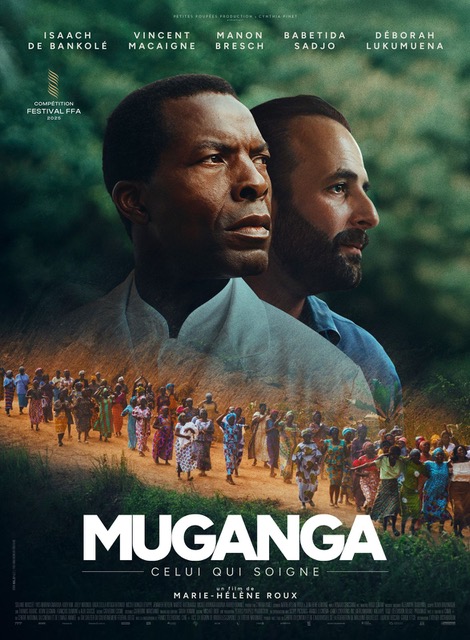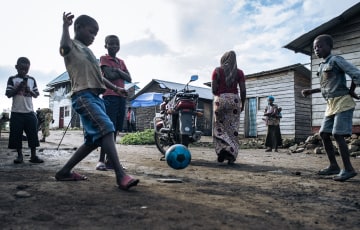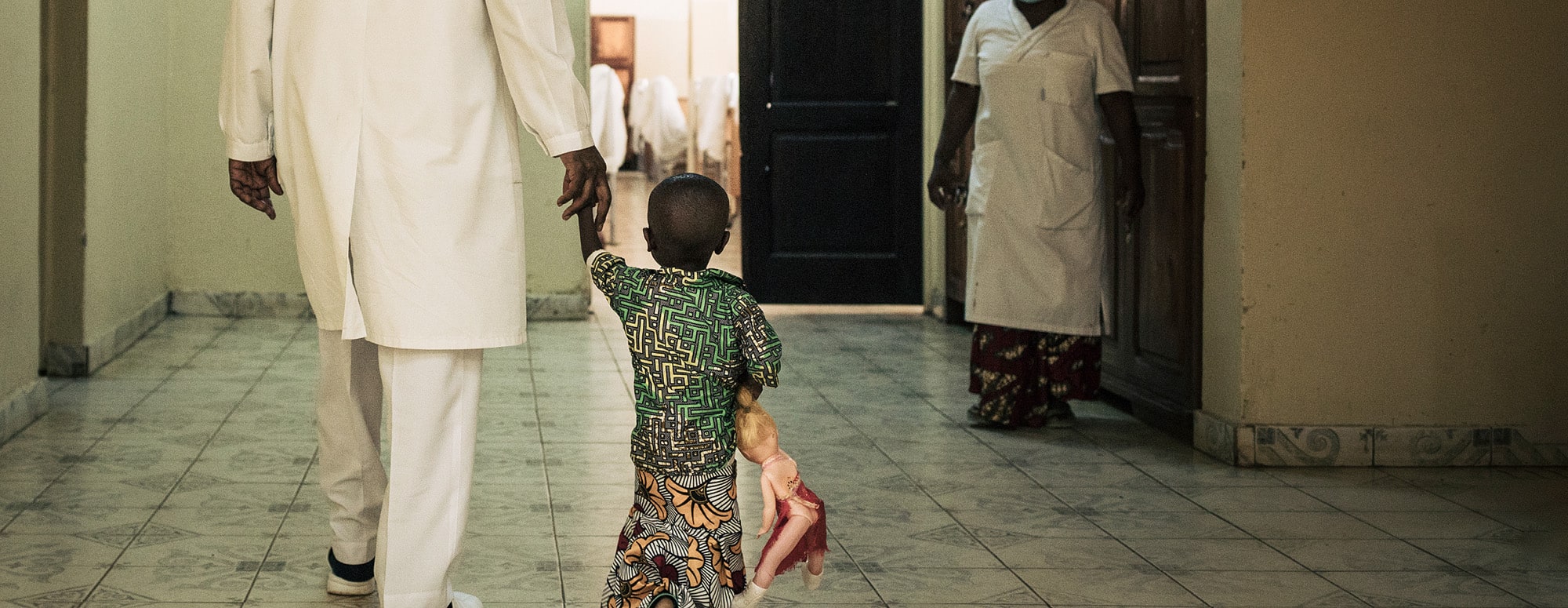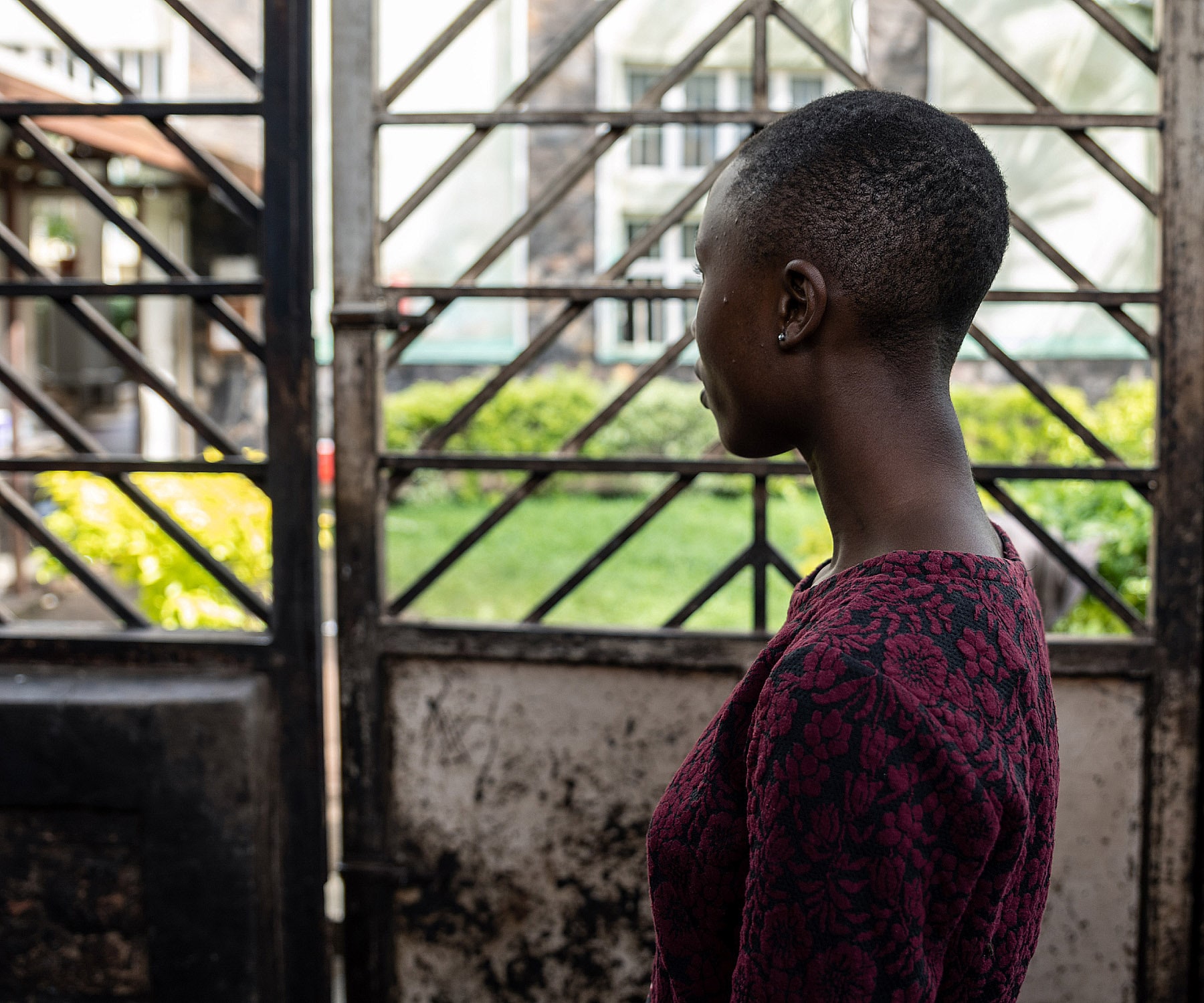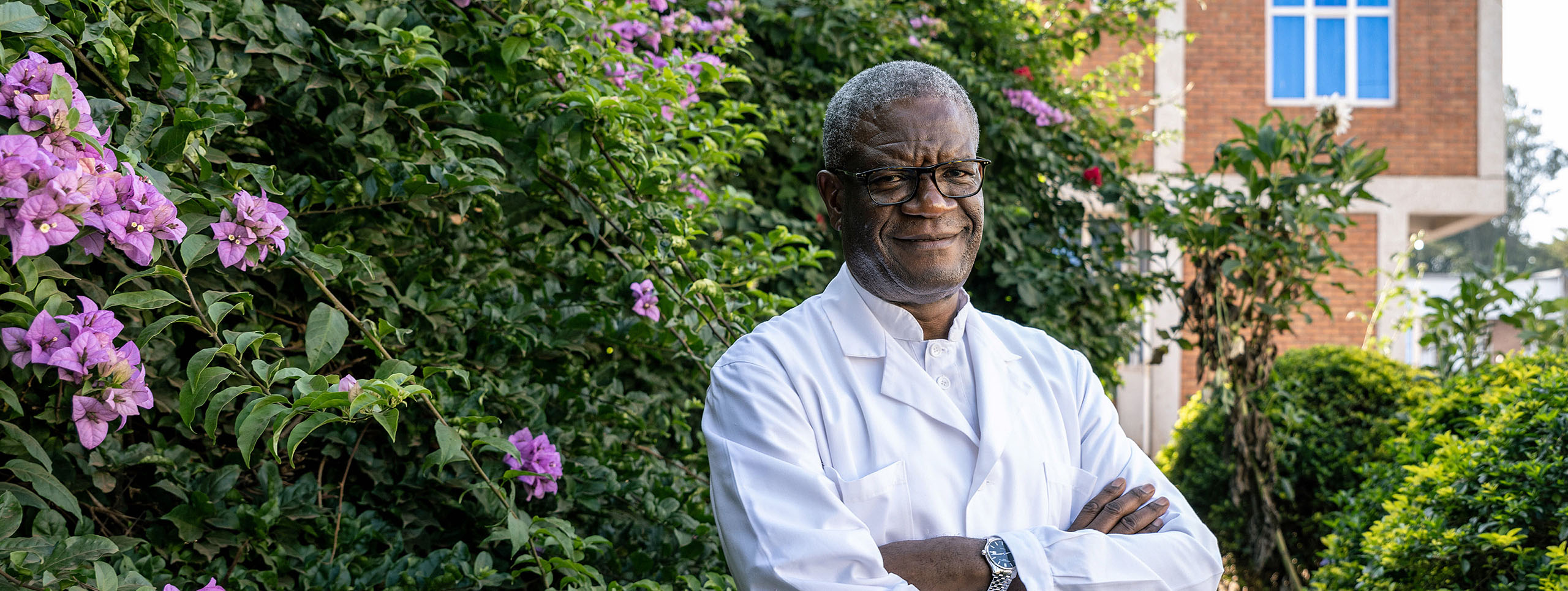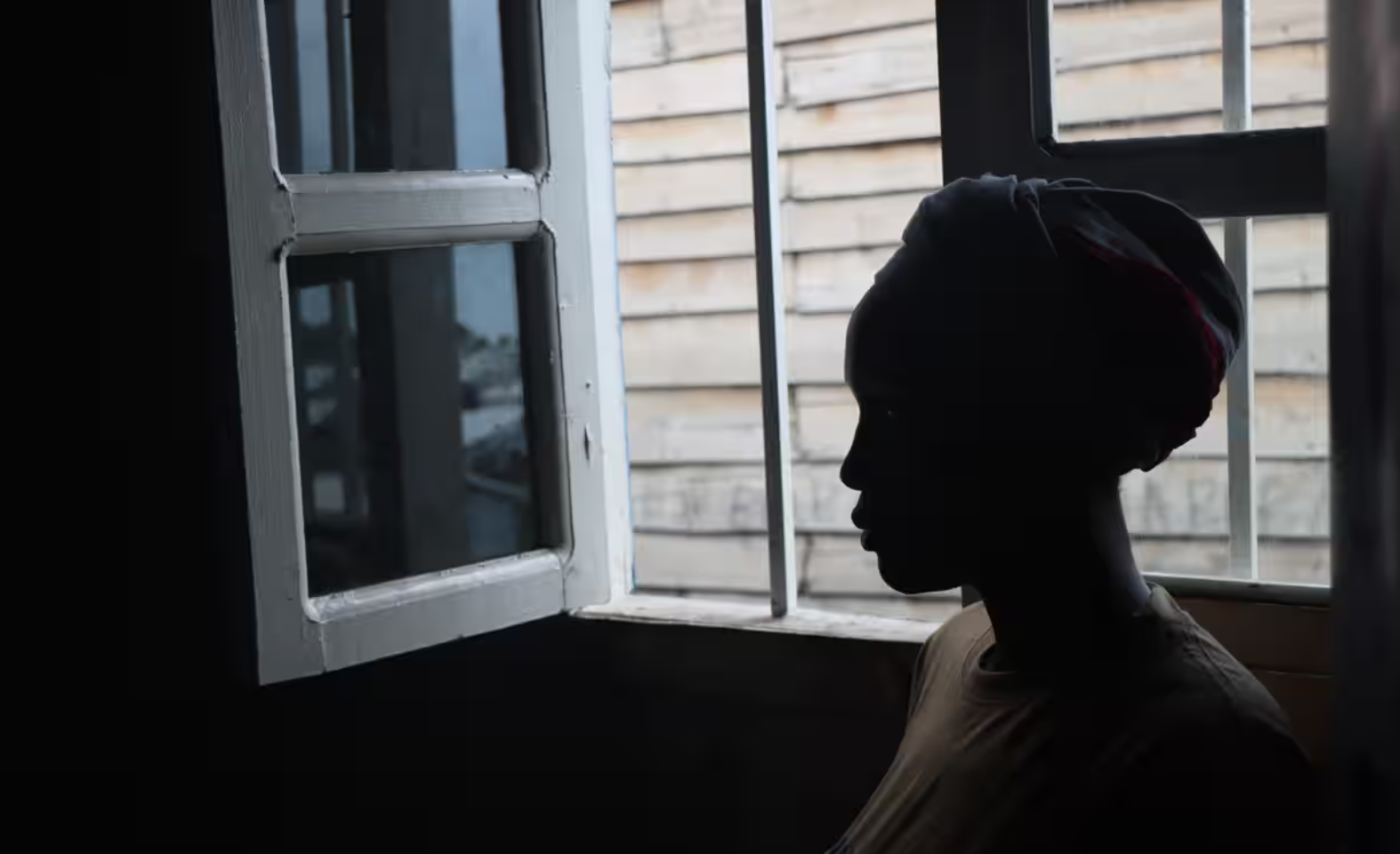The following statement from the Panzi Foundation, USA, Executive Director Naama Haviv addresses the increased reports of sexual violence and rapes targeting infants, toddlers, and very young children in Kavumu and surrounding areas in Eastern DRC.
When I first began working to combat mass atrocities in eastern DRC, I was a recovering academic. I left a PhD program at the Strassler Center for Holocaust and Genocide Studies with an MA, all-but-dissertation, driven by a desire to leave theory behind and work practically to combat the crimes I read about daily in Sudan, Congo and elsewhere.
There was a certain safety in academic research. Even when confronted with stories of devastating crimes, I could immerse myself in statistics, dispassionately search for trends, engage in lengthy, shockingly satisfying debates on research methodology. I soon discovered that even in activism and advocacy work I could distance myself, focusing on policy statements, position papers, and the minute details of the legislative process.
All that carefully constructed distance was shattered during my first trip to eastern Congo. I was working at the time with Jewish World Watch, which combats genocide and mass atrocities from a faith perspective. As members of a community of faith, we were often asked to share a blessing with people who had suffered unspeakable trauma.
We entered one such community, a hospital ward reserved for women who had suffered sexual violence. I went from bed to bed, trying to imagine how I could offer any solace to women who had lost so much already. And then I reached one woman, who shared her bed with her two children – two girls, six and four years old. I remember cautiously asking our hospital guide and translator if the girls had simply followed their mother, as their only caretaker, to the hospital? Were they simply with her (I hoped) while she sought out treatment?
The reality was horrific: the woman’s six year-old daughter had followed her mother to the hospital. But her four year-old daughter had also been raped.
There is no academic response to a crime like this.
I could not research away the pain I saw in the mother’s eyes – not just from the crime committed against her, but for what had happened to the daughter she so loved, as sweet and beautiful and brimming with potential as any child. There was no study I could conduct or letter I could write that would erase this horror, that would distance me.
The pain I felt for one mother, one daughter, one family – the pain was crushing. How overwhelming must the pain be in the community of Kavumu, in the South Kivu province of DRC, where in the last two years there have been at least 34 reported cases of sexual violence against babies, toddlers, and young children?
The crisis the community of Kavumu is facing is unimaginable. Girls as young as 18 months old, and up to 10 years old, have been viciously attacked. Many are stolen from their beds at night, the perpetrators preying on a poor population without strong locks on their doors. The girls are returned to their parents violated, their bodies devastated, many requiring extensive and complex surgeries.
Our doctors and nurses at Panzi Hospital have – for nearly two years – been attempting to respond to these girls’ physical, psychological, and social needs, and to those of their families as well. Medical professionals often rely on their own clinical distance from their patients, but nothing in their medical training could have prepared them for the horror of the crimes they are witnessing. No doctor should become an expert in this field.
The pace of the sexual violence against children in Kavumu shows no sign of slowing. Worryingly, attacks on children seem to be spreading to other provinces. Most recently, a 15 month-old baby in Bas Congo was attacked, and died shortly after being brutally raped.
The community of Kavumu, however, has not crumbled under the crushing weight of these crimes. Rather, it has displayed incredible strength, resilience and unity in an effort to combat and end this crisis. A coalition of civil society organizations in Kavumu – leaders of local associations, teachers, lawyers, NGO representatives, human rights defenders and more – have banded together to confront sexual violence in their community. The coalition formed mixed patrol units in partnership with agents of the Congolese National Police. They launched an advocacy campaign, even sending a representative to the Congolese capital of Kinshasa to urge a response to the crisis by the authorities.
This weekend, they convened an important community-led symposium, “Consortium SOS Jeune Filles en Danger,” at Panzi Hospital’s Maison Dorcas after-care facility and conference center. Together, these civil society leaders are making recommendations for appropriate solutions to end the violence. Their guidance, informed as it will be by the community’s lived experiences and deep understanding of its own needs, will be critical in finding long-term, sustainable, and just resolutions to the crisis.
Perhaps there is no appropriate academic response to a crisis of this level. But there must be a practical, solutions-based response from the authorities tasked with ensuring the safety, security, and health of Congo’s civilian populations. Civil society is bringing forward informed, thoughtful recommendations – we urge those in positions of power to listen, and to act.
